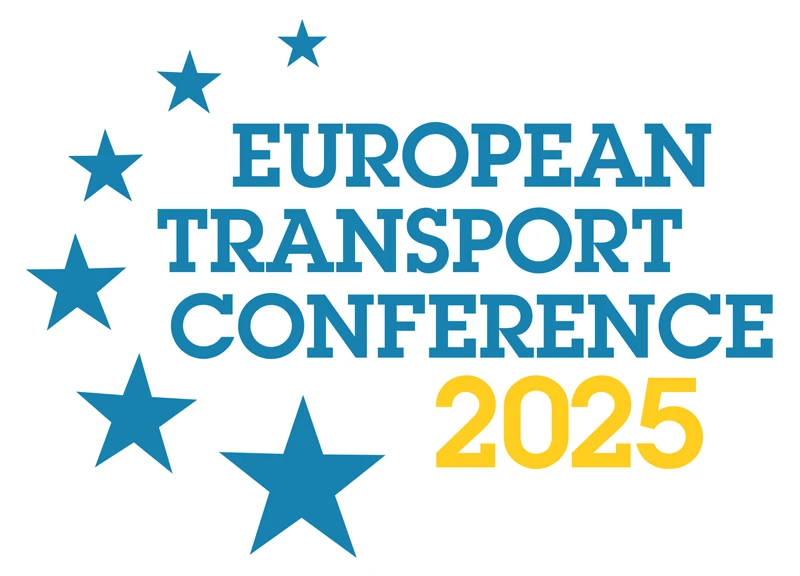-
Past ETC Papers

Browse, search and view papers from the past AET Conferences.
-
Members' Area

AET promotes networking and exchange of ideas, information and opportunities amongst members.
Conference Papers 2020
Online
ETC Conference Papers 2020
Mobility in metropolitan and peripheral regions - an educational simulation game
Seminar
Day 1 (9 Sep 2020), Session 1, Urban Mobility, 10:00 - 12:00
Status
Accepted, documents submitted
Submitted by / Abstract owner
Paul Pfaffenbichler
Authors
Lukas Hartwig
Paul Pfaffenbichler
Juliane Stark
Short abstract
System Dynamics is a powerful educational tool. The paper describes the development of a digital, interactive, educational simulation game for 6th grade geography students covering the topic mobility in metropolitan and peripheral regions.
Abstract
System Dynamics is not only a method to analyse, simulate and forecast the behaviour of systems, like land use and transport, but also a powerful educational tool. The objective of the nationally funded project Systemcheck is to make use of this capability. An interactive, digital teaching and learning game based on simulations of social and ecological effects of mobility and transport in metropolitan and peripheral regions is developed and tested in classrooms. The game specifically addresses topics of the Austrian 6th grade syllabus for the subject geography and economics. The game, on the one hand, enables students to learn and practise geography subject matters and on the other hand to develop systemic thinking skills.
A first prototype of the game has been developed and programmed. Feedback was obtained from both teachers from Viennese secondary schools and students. The basic framework of the multi-level game is the vita of a person from primary school through to adulthood. Based on the teachers’ suggestions, the game was subdivided into two parts so that sequences of the game can be played in portions of one or two teaching units.
The first part starts with the player in the role of a schoolchild living in a small village. The village has a primary school and a small shop; a supermarket and a cinema are located in the district town, about ten kilometres away. The player has to answer (quiz) questions regarding topics like peripheral, basic needs, accessibility, urban sprawl, etc. to reach the next level. In the following levels, the player commutes to secondary school, moves to the capital to study, starts working and moves back to the countryside when founding a family. At this stage, the player engages in local politics to stop the greenfield development of a new big shopping centre. In the final stage of part one the player runs for mayor’s office. A total of 91 pupils in four 6th grade classes tested the prototype of part one. The overall feedback was very positive. On a scale from 1 = very bad to 5 = very good the average rating was 4,2. The majority saw the game as not too difficult, exciting and useful for learning. About two third wanted to play the game again.
In the 2nd part of the game the political career of the player continues. Decisions on the municipal level have to be made. Cooperation and compromises with neighbouring municipalities, the federal state and the national government are necessary to achieve environmental and social goals. Simple simulation models are used to mimic real world effects of the player’s decisions. The simulation models are programmed using the free, web-based software InsightMaker. Simplified elements and versions of the System Dynamics based land use and interaction model MARS (Metropolitan Activity Relocation Simulator) form the basis. The player has to use the simulation models to solve tasks like meeting CO2 reduction goals while keeping the municipal budget balanced. A beta version for public testing and feedback collection will be available in March 2020. The final version of the complete game will be programmed in summer and available to be presented at the ETC in September 2020.
Programme committee
System Dynamics
Topic
The future of transport
Documents:

Association For
European Transport
Forester House
Doctors Lane
Henley-in-Arden
Warwickshire, UK
B95 5AW
+44 (0) 15 64 793552
VAT number: 710 1866 64
Conference Supporters & Endorsers




Legal Entity
The Association for European Transport is registered as an Association ('vereniging') with the Chamber of Commerce for Haaglanden in The Netherlands under company number 27170096.
Built on Zenario




